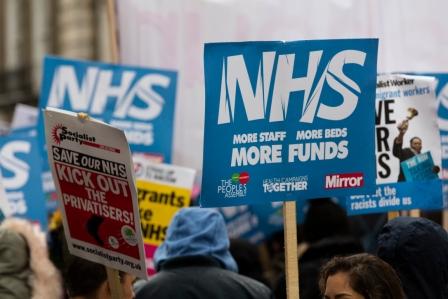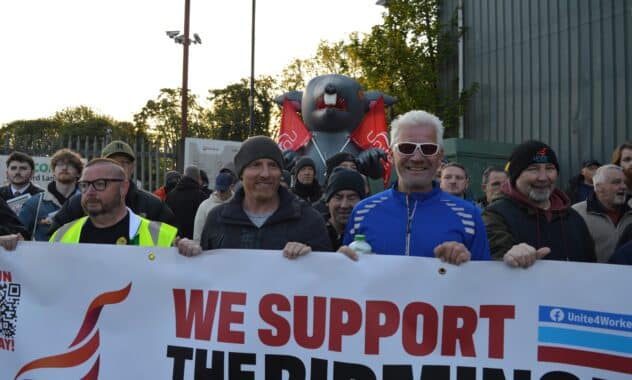Second junior doctors’ strike looms over NHS pay deal
The government may be about to preside over the second junior doctors' strike in a decade.

Junior doctors have been excluded from the recently announced 3% pay rise for NHS staff, prompting the British Medical Association (BMA) to speak with its members about how they wish to respond.
While the BMA has not currently balloted its members over any proposed industrial action, it said it would conduct a survey to gauge the depth of feeling over the matter in order to consider whether action may be appropriate.
Junior doctors took unprecedented action in 2016 when they withdrew from routine and emergency care in response to a stalemate in negotiations with the Department of Health over proposed new contracts that the union said would likely represent a pay cut for the medics.
If the workers decide to strike again, the Conservative-led government will be the first in history to have presided over two – extremely rare – doctors’ strikes.
BMA’s Junior Doctors’ Committee Chair, Sarah Hallet, described the exclusion of junior doctors from the 3% pay rise as “an extraordinary insult to their hard work”.
“Since the beginning of the pandemic, the burden shouldered by junior doctors has been immense,” she said.
“We have spent days on Covid wards with no end in sight, redeployed into unfamiliar departments, causing huge disruptions to training and career progression, and all against a backdrop of ill-fitting or non-existent PPE that has left junior doctors fearing for their safety and the safety of their patients.”
She highlighted that the proposed pay rise was in fact a real terms pay cut for all NHS staff, not just junior doctors, as it falls below inflation.
Indeed, the Royal College of Nursing – members of which have been offered the 3% increase – has already warned that it could consider industrial action for the first time in its history over the derisory rate. Pat Cullen, General Secretary of the union, said: “The profession will not take this lying down.”
Junior doctors are not the only ones being excluded from the deal, with Unison calling for privately-employed NHS staff to be given the same pay offer as those hired directly by the health service.
The union has written to some of the largest private firms operating within the NHS – such as Serco and Sodexo – urging them to fairly compensate their workers for fighting on the front lines throughout the pandemic.
“Thousands of cleaners, porters and caterers have worked tirelessly throughout the pandemic, alongside their NHS colleagues,” Unison General Secretary, Christina McAnea, said.
“NHS staff have the benefit of a national pay system, but those not directly employed are missing out, often because of complex contracting arrangements, penny-pinching practices and the hard-nosed pursuit of profit.”







